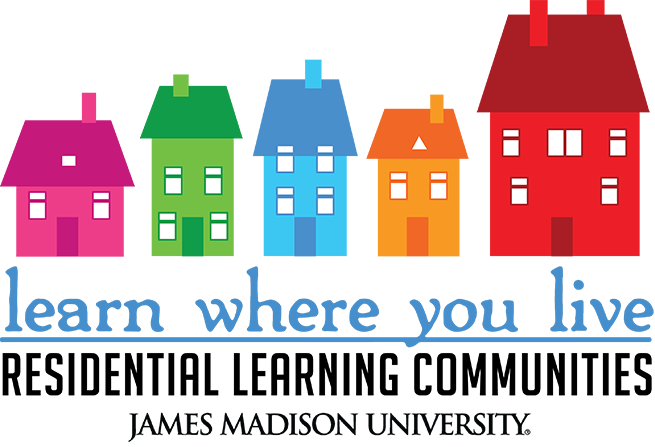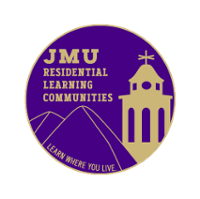Residential Learning Communities: "Do it!"
News
 Despite the fact that she’s from Illinois and knew absolutely no one coming to the University, Caroline Prendergast had her heart set on JMU from the very beginning.
Despite the fact that she’s from Illinois and knew absolutely no one coming to the University, Caroline Prendergast had her heart set on JMU from the very beginning.
So, she decided to start building a life at JMU as quickly as she could by joining a Residential Learning Community (RLC). RLC’s offer a unique opportunity to live and take classes with a small group of students who share similar academic interests.
“Being in the learning community really gave me an awesome sense of community from the beginning since I really didn’t know anyone coming to JMU. The community also really made me feel like I was a part of the psychology major from the start.”
The Office of Residence Life currently offers 9 Residential Learning Communities representing Arts, Honors, Pre-Professional Health, Engineering, International, Psychology, Education, Science and Research Based Biology. The list continues to grow as the learning communities increase in popularity and faculty support.
Caroline originally learned about the Psychology RLC at a JMU tour during the fall of her senior year of High School. She learned that joining a learning community has many benefits including a chance to get a jump-start on the major.
“In Psychology, you have to take a Research Methodology course before you can take any other courses in the major. Normally you take this class your sophomore year, but if you are in the learning community, you get to take it your freshman year,” she said.
An additional course the Psychology RLC students are enrolled in is one in which two or three psychology professors come in each week and talk about what they do and how they got there. This gives students a closer look at the field they have chosen; sometimes even helping them discover career paths they didn’t even know existed.
“I think a lot of people, like me, come into the major thinking they want to be a clinical psychologist and then learn what a small part of the field that really is,” she said. “It’s really great to see what your options really are in the field and to practice your communication skills with professors in a really low stakes environment. That helped me get to know my professors so much better before I even had them.”
Caroline has now determined that she wants to pursue educational psychology with a focus in higher education.
Even though Caroline moved to the other side of campus her sophomore year, she still kept in touch with the Psychology RLC by becoming a Teaching Assistant for the community. During her time as a TA she discovered that she loves teaching and even used her experiences as the focus for her thesis.
“I have definitely changed what I want to do and I think a lot of that is because I was exposed to so many more options when I got here, I didn’t just have a very narrow view of the field.”
For incoming students who are on the fence about whether to join an RLC or not she has some simple advice:
“Do it! I have heard so many people say that they wish they had done it,” she said. “I’ve also heard people say ‘I didn’t do it because I thought that meant I would only meet people that were in the learning community’ and that is not at all true. We all live in the same building but that doesn’t mean that your roommate is going to be in the learning community too. You don’t just see the same 20 people over and over.”
The average size of a learning community is around 20 to 30 students, while the Residence Hall where a RLC is located houses an additional 200 students who are not in the community.
“The other awesome thing about being in the learning community is you get a staff mentor really quickly. Kenn Barron, the RLC faculty coordinator, has gotten me so many job opportunities and always sends me things to apply for that fit me,” she said.
Through his guidance, Caroline has gotten a job at the Regional Math and Science Center teaching and tutoring at-risk high school students one summer, as well as an undergraduate fellowship with the American Educational Research Association out in San Francisco last spring.
“If I hadn’t joined the learning community I probably would have still thought that I wanted to do clinical psychology, but eventually I would have hated it. I just wouldn’t have had as many opportunities as early on to really see the different areas of psychology, which helped open my eyes to what I really want to do in life.”
By Megan Martin (’11)
Click here to learn more about our Residential Learning Communities!

